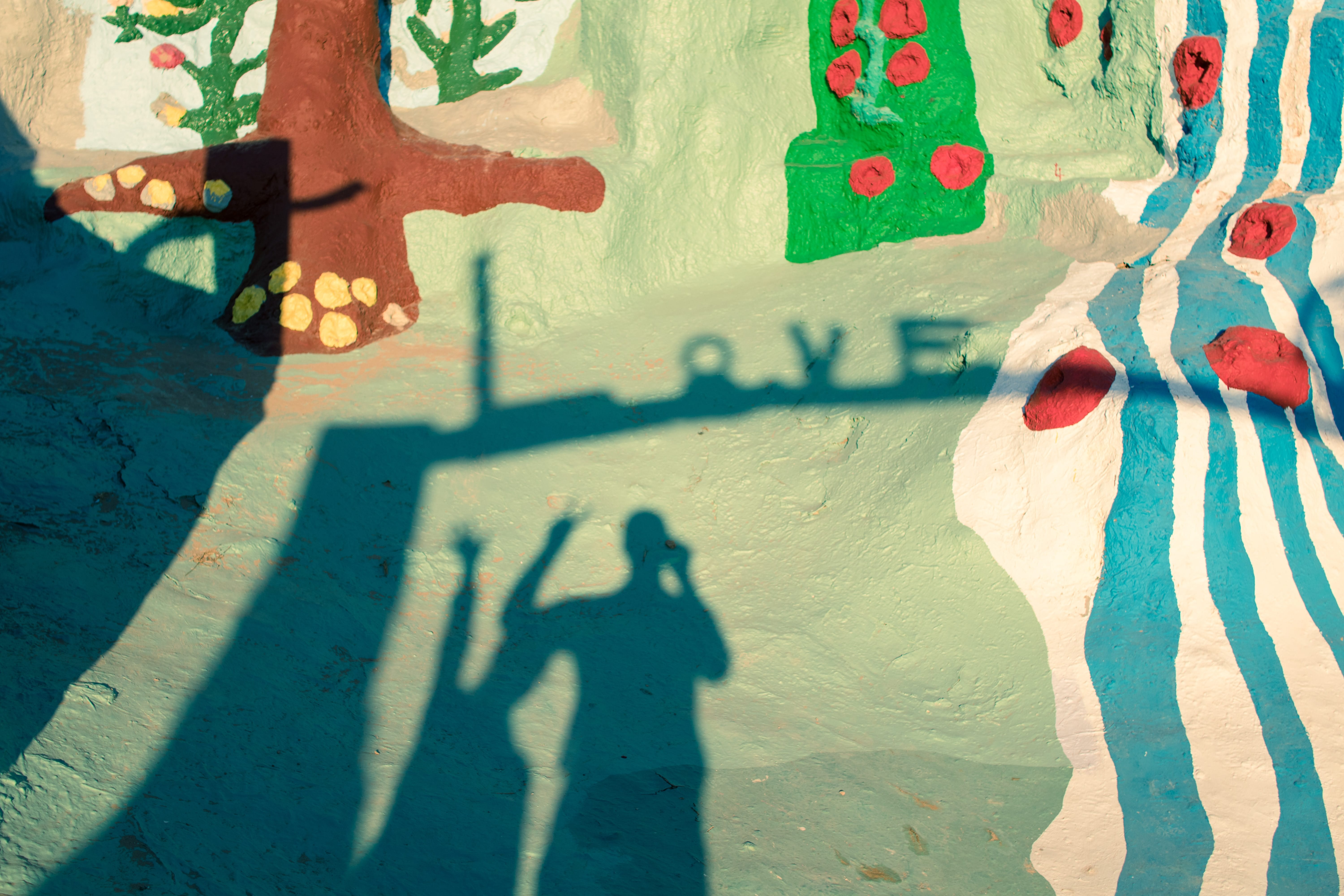 I’ve made this admission in many times and places, but here it is again:
I’ve made this admission in many times and places, but here it is again:
Over the last three or four years, my church attendance has been…sporadic, at best.
It’s been a long time now since I lost my church during seminary over the excommunication of a friend. After that, I sort of lost the will to live as a church person; I moved, traveled, and got married over the next couple of years; and I started actually looking forward to Sunday mornings—lazy breakfasts and beach trips.
Once I got out of the habit of going, I saw the churches I did visit through new eyes. It seemed that few congregations could have really answered the question—what are we doing here?
As a kid, I would’ve said that church is a place to learn about God and sing. But those are things I can do on my own, or in the car, or with my family.
Later church came to mean communion; but I got used to participating in that ritual without belonging to a particular organization.
And along the way, the words and actions of these church people around the country came to seem weirder and weirder, like I had accidentally stepped, uninitiated, into a clubhouse—and it was too often immediately apparent that I wouldn’t fit in as a member of the club. I cuss too much; Nate and I don’t wear boots and boat shoes; I don’t treat the right people with suspicion; I ask too many questions; I talk about Jesus too much; I’m not impressed by the right things.
Belonging to that club wasn’t exactly a compelling reason to give up my Sunday mornings.
After all this, I’m more aware than ever that our language can serve as a dividing line: if you know the code, you’re in. If church words make you groan, scratch your head, tune out, or panic—you’re out.
Even though that fact sometimes makes me want to start over from square zero—no church words allowed—I also realize that many of the words we flippantly use once had deep meaning for people. If we got rid of them, eventually we’d build up a whole new vocabulary to name the same experiences.
Now that I’m helping to start a church, what I really want to do is turn these words from dividing lines into meeting places. Maybe we can pull some things apart and find a way to recover the truth, the feeling, the richness hidden inside. Those who can’t stand to go to church and those who can’t imagine leaving it could both be surprised.
Like some others before me, I want to go word by word through my own journey as I navigate this whole returning-to-church thing. The (Un)Systematic Theology Project will shape and inform it all.
I had to start with my own job title. Hop over to the Two Rivers blog to poke at discipleship with me?
And tell me in the comments—what’s the worst church word? what’s your favorite word to describe God?




 My irritation, though, was not only with the sighs of neeeeed inspired by the coffeemakers in people who, weeks or months earlier, had been quite content not to own a thing they hadn’t imagined existed. Nor was it only with the inferior (but outrageously expensive) coffee produced, the bizarre noises that seem to be necessary for the Jetsons-like effect of the process, or the ecological disaster that is the unrecyclable K-cup. Rather, I have come to realize what my initially almost-unexplainable discomfort with the Keurig’s popularity really reveals: the Keurig, like any tool or technology, is the physical instantiation of a whole mess of assumptions. In this case, they’re assumptions about machines, about humans, and even about coffee which, to my mind, make the Keurig the culmination of the entire phenomenon called “late modernity”. Here are a few of them:
My irritation, though, was not only with the sighs of neeeeed inspired by the coffeemakers in people who, weeks or months earlier, had been quite content not to own a thing they hadn’t imagined existed. Nor was it only with the inferior (but outrageously expensive) coffee produced, the bizarre noises that seem to be necessary for the Jetsons-like effect of the process, or the ecological disaster that is the unrecyclable K-cup. Rather, I have come to realize what my initially almost-unexplainable discomfort with the Keurig’s popularity really reveals: the Keurig, like any tool or technology, is the physical instantiation of a whole mess of assumptions. In this case, they’re assumptions about machines, about humans, and even about coffee which, to my mind, make the Keurig the culmination of the entire phenomenon called “late modernity”. Here are a few of them: